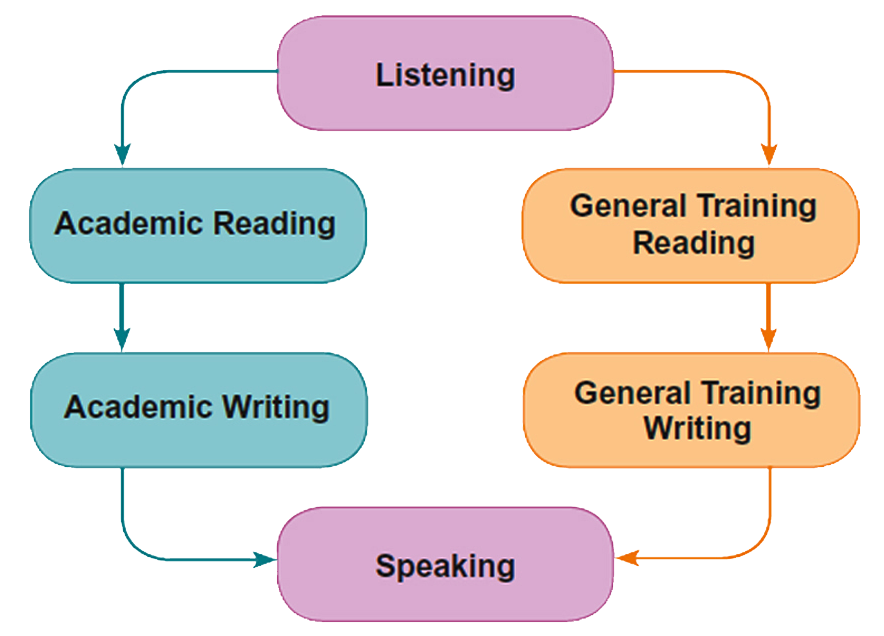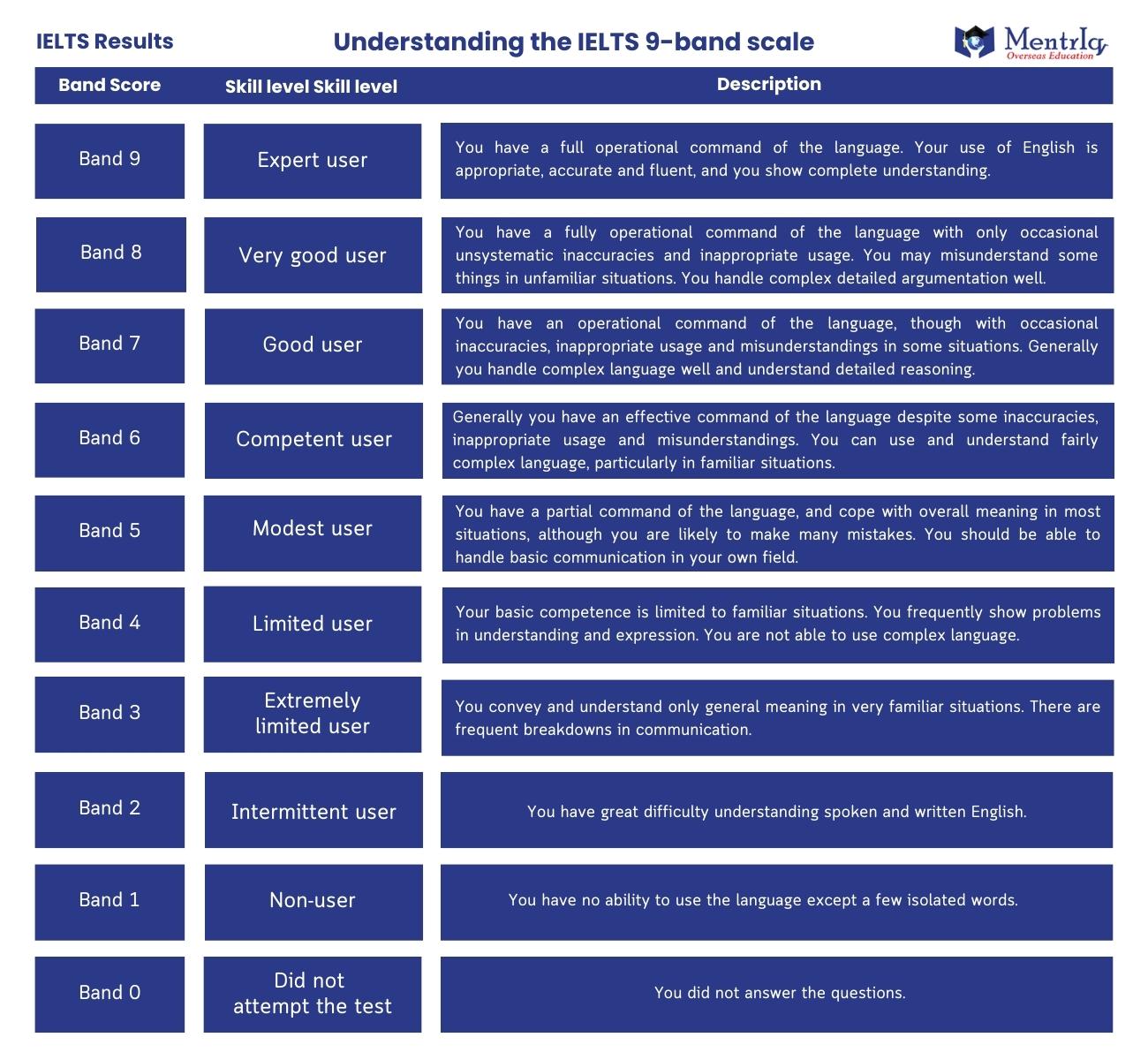IELTS coaching in Guntur
Get your best band with the help of our Expert Trainers
Register for a Free Demo
What is IELTS?
About IELTS
When it comes to the Four Skill English Language Testing, The International English Language Testing System (IELTS),was one of the pioneers, with a solid history of more than 25 years, and continues to set the standard for English language testing worldwide even today – in both its consistency accuracy and trustworthiness.
Co-owned by the British Council, IDP: IELTS Australia and Cambridge Assessment English, IELTS is an internationally focused organizations, committed to academic excellence and cultural understanding – ideal providers of international English testing, all around the globe.

IDP: IELTS Australia
Cambridge Assessment English

Register for a Free Demo
Why IELTS

IELTS Test Pattern

There are three types of the IELTS test: IELTS Academic, IELTS General Training and IELTS UKVI.
IELTS Academic
The IELTS Academic Test is applicable for those who are aspiring their higher education or professional registration, especially in an English Friendly Environment. It has many of the features of English language in academic level and assesses your proficiency as of how far you are ready to begin studying or training. As academics require a higher level of language competency, this approach of language assessment has been widely supported by the institutions that recognize IELTS.
IELTS General Training
Applicable for those who want to go abroad for work / work experiences, the IELTS General Training Test focuses on basic survival skills in broad social and workplace contexts. This proficiency test, a bit lower to that of Academic Standards, is also a requirement for migration to wide range of nations including Australia, Canada, New Zealand and the UK.
IELTS UKVI
If you are applying for a UK visa, you need to take an IELTS test approved for UK Visa and Immigration (UKVI) purposes known as IELTS for UKVI. This applies to everyone coming from a non-English speaking country. While there is no change in the content, format or level of difficulty and scoring, IELTS for UKVI simply follows certain extra security protocols to ensure the authenticity of the test taker. Also, your Test Report Form (TRF) may look slightly different from the one give for IELTS Academic or General Training.
Register for a Free Demo
Mode of Test

Pen & Paper
In this, the regular mode of test is offered, where we use a paper to record our responses, which will be evaluated manually.

Computer Assisted
In a Computer Assisted Test, instead of using Pen and Paper, the candidate will be taking the test using a computer.
Understanding IELTS Results

Source :- www.ielts.org
Register for a Free Demo
IELTS Listening marking schemes

IELTS General Reading marking schemes

IELTS Academic Reading marking schemes

Register for a Free Demo
IELTS Writing marking schemes (for both Academic & General)
Task Achievement
- Analyse the diagram and identify all the key features.
- Highlight the key features in the overview.
- Supporting data filled Body Paragraph.
- Avoid wrong information & Personal opinions.
- Write a Factual Report with over 150 Words.
Coherence and Cohesion
- Plan where and how to put the information.
- Have multiple Body Paragraph.
- Use a range of Linking Devices.
- Avoid mistakes with word choice & linking words.
- Use referencing (like this, it, etc.).
Lexical Resource
- Use a good range of Vocabulary.
- Select vocabulary apt to present the Accurate Data.
- Understand collocations, usage of different words.
- Avoid spelling mistakes.
- Don’t use wrong words or informal language.
Grammatical Range and Accuracy
- Use a range of Sentence Structures.
- Use the right tense forms as the data requires.
- Use the proper word order.
- Avoid mistakes with word choice & linking words.
- Use the right punctuations and don’t miss using Punctuations.
Register for a Free Demo
IELTS Speaking marking schemes
- Fluency and coherence
- Lexical resource
- Grammatical range and accuracy
- Pronunciation

